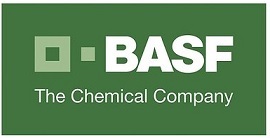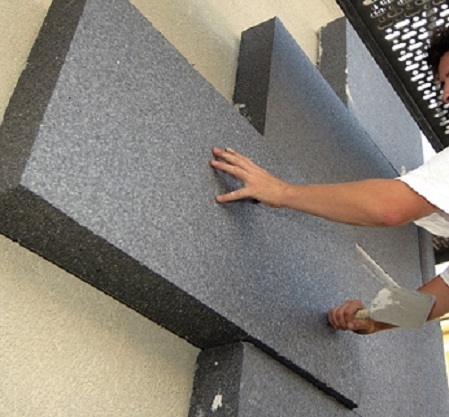 Global chemicals company BASF is seeking to lead the way in increasing the use of less environmentally hazardous materials to manufacture chemical products in South Korea.
Global chemicals company BASF is seeking to lead the way in increasing the use of less environmentally hazardous materials to manufacture chemical products in South Korea.
BASF Korea said Tuesday that it had become the first in the industry to use a new chemical compound with a superior environmental profile to produce its flagship insulating polystyrene foam Neopor.
The German firm now produces Neopor using a newly-developed polymeric flame retardant, instead of hexabromocyclododecane or HBCD, a more toxic flame retardant typically used to produce polystyrene-based insulating foams and textiles.
“BASF is very happy to be able to contribute to the sustainable growth of Korea’s construction sector by developing and expanding the use of more environmentally friendly chemicals,” said Giorgio Greening, senior vice president of BASF’s global business unit for polystyrene foams.
 |
| BASF`s Neopor (BASF) |
BASF has also doubled its Neopor production in Korea, as part of its efforts to expand the use of more eco-friendly insulating materials in the country, according to Greening.
HBCD has been listed as a “persistent organic pollutant” by the United Nations Environment Program and any products using HBCD are set to be banned globally in the near future.
Therefore, BASF has been working to replace HBCD with its self-developed PolyFR globally, which the company says has been shown to be “non-toxic and hold foam properties that are equal to materials containing HBCD.”
Meanwhile, the German chemicals producer has already halted the use of HBCD in Europe, where it made a complete switch to PolyFR in January.
By Sohn Ji-young(jys@heraldcorp.com)



